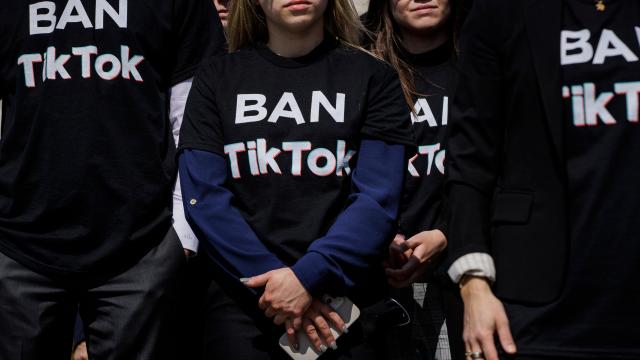U.S. government efforts to ban TikTok over national security grounds, once considered a pie-in-the-sky pipe dream, are looking more and more likely by the week, especially after Congress browbeat TikTok’s CEO for five hours last week. That said, we’ve been here before. Various players in the federal government have attempted to ban TikTok before, all unsuccessfully.
In just three short months, at least four new bills have reached the House and Senate demanding, in various forms, a national ban of the Chinese-owned app. TikTok is already banned on all federal government devices. More and more states have passed laws doing the same thing on a local level. These new sets of bill would take things much further, however, and essentially excise an app TikTok says is currently used by 150 million Americans — one in two people in the nation. That backlash to such a ban is difficult to imagine.
Though support for the bans has increased, the rationale behind it remains as obtuse as ever. Lawmakers and officials, for years now, have warned the Chinese government could sneakily use TikTok to harvest US users’ data which they say could harm national security. “Could” and “Might” are the keywords here. To date, the US government has yet to provide any concrete evidence backing these claims.
That said, TikTok definitely hasn’t done itself any favours. The Department of Justice is currently investigating TikTok over claims it spied on three former BuzzFeed reporters in the company’s investigation of an internal leak. Former employee whistleblowers, meanwhile, have said TikTok’s plans to secure US user data in Oracle servers simply don’t go far enough, with one saying only a “complete re-engineering” of the app would be necessary to meet lawmakers’ demands. Another former employee, writing in a letter sent to ByteDance by Missouri Sen. Josh Hawley’s office, alleged TikTok and its Chinese parent company ByteDance are “functionally the same company.”
So here we are, with a national TikTok ban or forced sale looking all the more likely. Below are all of these legislative efforts so far vying to make that a reality.
The ANTI-SOCIAL CCP Act Targeted Apps from China and Five Other Countries
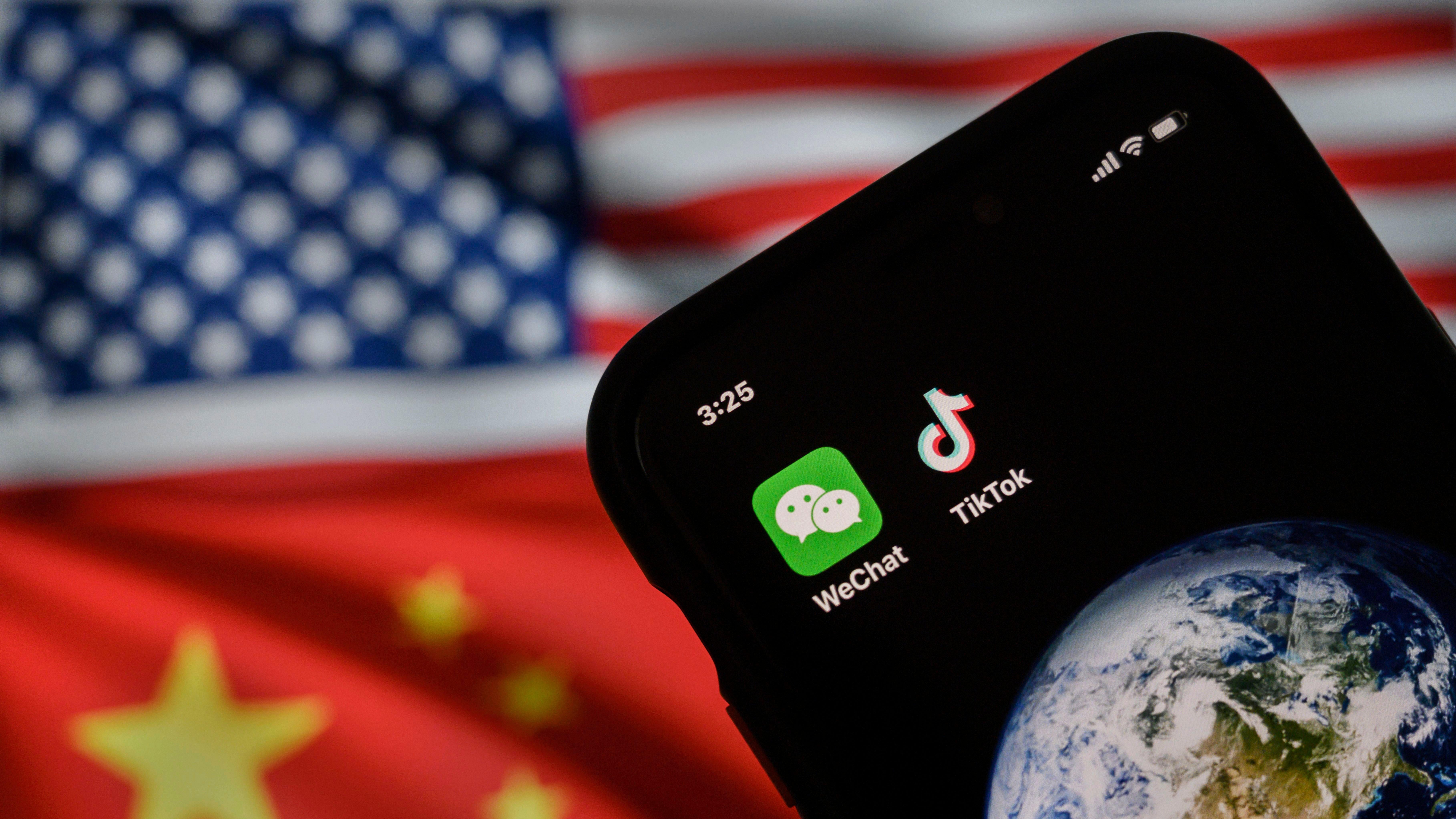
The current wave of TikTok ban bills really kicked off late last year with the introduction of the atrocious long-named “Averting the National Threat of Internet Surveillance, Oppressive Censorship and Influence, and Algorithmic Learning by the Chinese Communist Party Act.” That’s the ANTI-SOCIAL CCP Act for you sane folks. The legislation ultimately sputtered out and wasn’t considered in either chamber but served as a launching pad for future bills.
The bill, supported by Republican Sen Marko Rubio of Florida and Reps. Mike Gallagher and Raja Krishnamoorthi, specifically target transactions with social media companies located in or deemed influenced by China, Russia, Cuba, Iran, North Korea or Venezuela. Crucially, that would include TikTok. In theory, the bill attempts to protect US internet users from adversarial nations using social media companies to engage in surreptitious surveillance or censorship. US officials have yet to provide any concrete evidence that the Chinese government engaged in any of this behaviour through TikTok.
“The federal government has yet to take a single meaningful action to protect American users from the threat of TikTok,” Rubio said in a statement. “This isn’t about creative videos — this is about an app that is collecting data on tens of millions of American children and adults every day.”
Sen. Josh Hawley’s Bill Calls For ‘No TikTok on United States Devices’
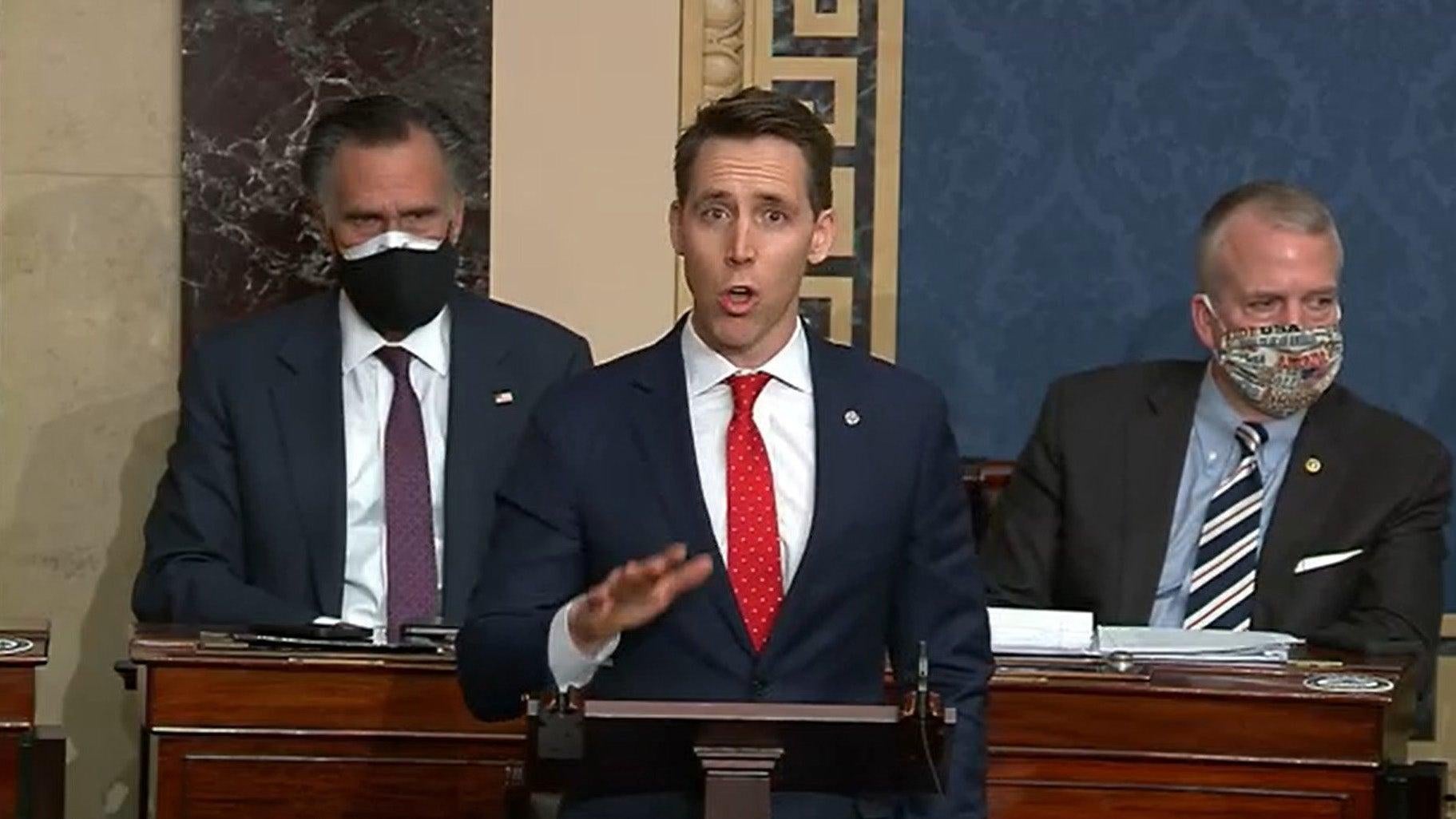
Republican Senators Josh Hawley and Ken Buck picked up the TikTok ban torch not long after the ANTI-SOCIAL act failed with their own successor called, wait for it, The No TikTok on United States Devices Act. Seriously, someone needs to help lawmakers out with these name choices. Regardless, the bill, if passed, would prohibit Americans from downloading TikTok and prevent US companies from making transactions with the app’s parent company ByteDance. That wide net means the bill would impact far more than just TikTok since ByteDance already had other popular apps available to US users.
Hawley believes his legislation is necessary to prevent TikTok from sharing sensitive US user data like keystrokes and location data to the Chinese government. In a statement, the senator said the bill was a natural extension of already passed federal laws banning TikTok on government devices.
“Banning it on government devices was a step in the right direction, but now is the time to ban it nationwide to protect the American people,” Hawley said in a statement.
The Hawley bill faced a major setback in late March when Kentucky Senator Rand Paul blocked the bill over First Amendment concerns. Speaking to lawmakers, Paul said TikTok had “bent over backwards” to work with the US government and assuage Chinese government surveillance concerns. Hawley’s bill, he added, curb freedom of expression.
Florida Sen. and former 2016 presidential candidate Marco Rubio came running to Hawley’s aid.
“This is not a First Amendment issue, because we’re not trying to ban booty videos,” Rubio said according to The Hill. “This is not about the content of the videos that are online. It is about the dangers to the national security that are presented by the way that this company functions.”
A Vague and Poorly Written Republican Bill Would Compel Biden to Block TikTok From App Stores
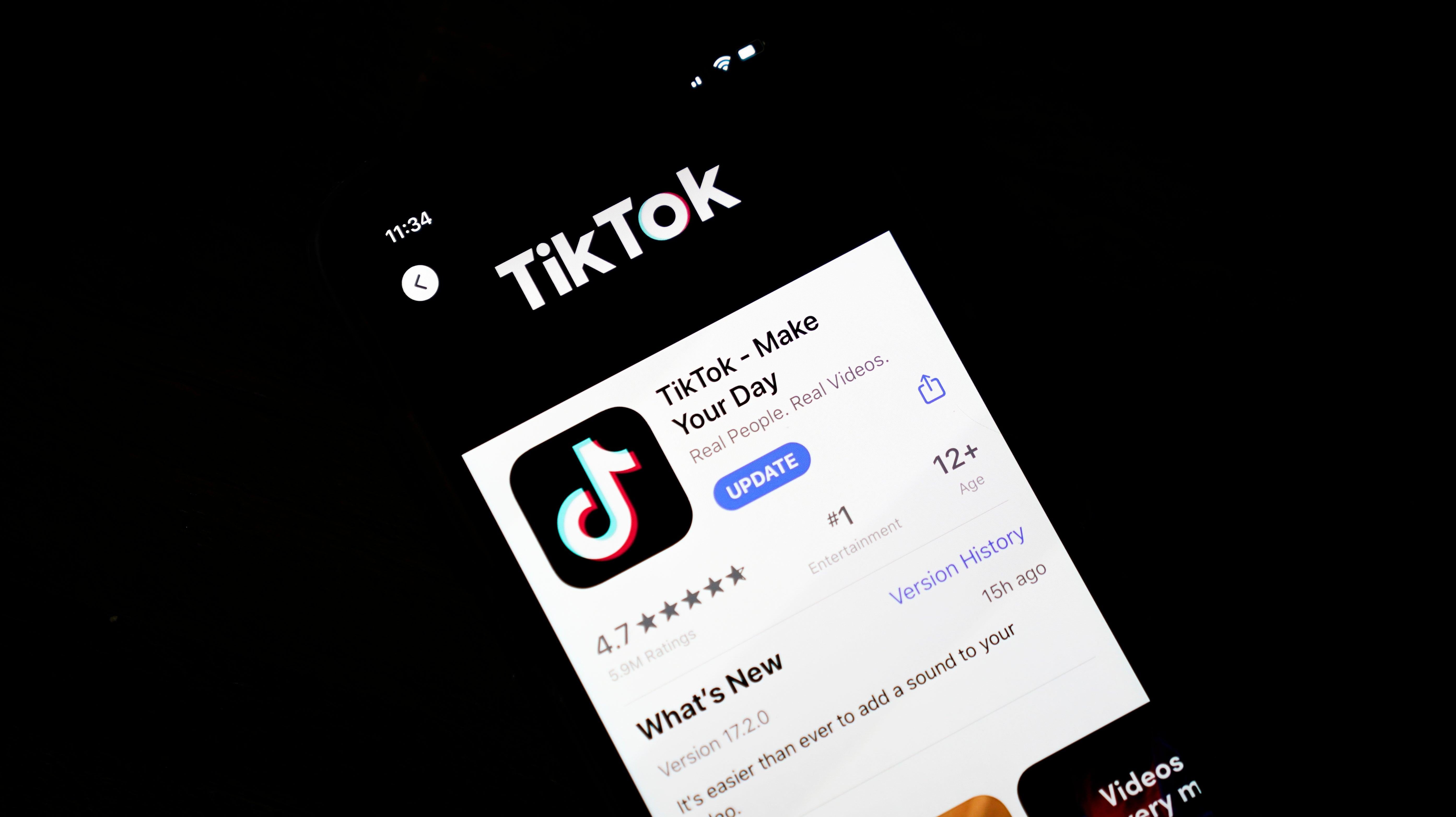
Republican House members in early March used their newfound Republican majority to jam through a controversial, rushed bill granting the Biden administration the authority to completely ban TikTok or other foreign software companies believed to be involved in the transfer of “sensitive data.” In some cases, the new bill called the Deterring America’s Technological Adversaries (DATA) Act, would compel Biden to ban the app even if his office did not’ want to.
The DATA act would revisit and loosen Cold War-era Berman amendments that limit the president’s ability to restrict foreign information materials under the International Emergency Powers Act. If passed, the DATA Act would make it so those rules don’t apply to software companies believed to have engaged in the transfer of “sensitive personal data.”
Critics of the bill, which include every Democrat on the House Foreign Affairs Committee where it was being considered, say it is vague, overly broad, and written in haste. TikTok naturally opposes the ban but so do US civil liberties groups like the ACLU who warn it could lead to a “ “slippery slope for further carve-outs of the Berman Amendment.” Others, like Fight For The Future Director Evan Greer, say it’s incredibly hypocritical.
“If it weren’t so alarming, it would be hilarious that US policymakers are trying to ‘be tough on China’ by acting exactly like the Chinese government,” Greer told Gizmodo.
Joe Biden Demands a Forced Sale
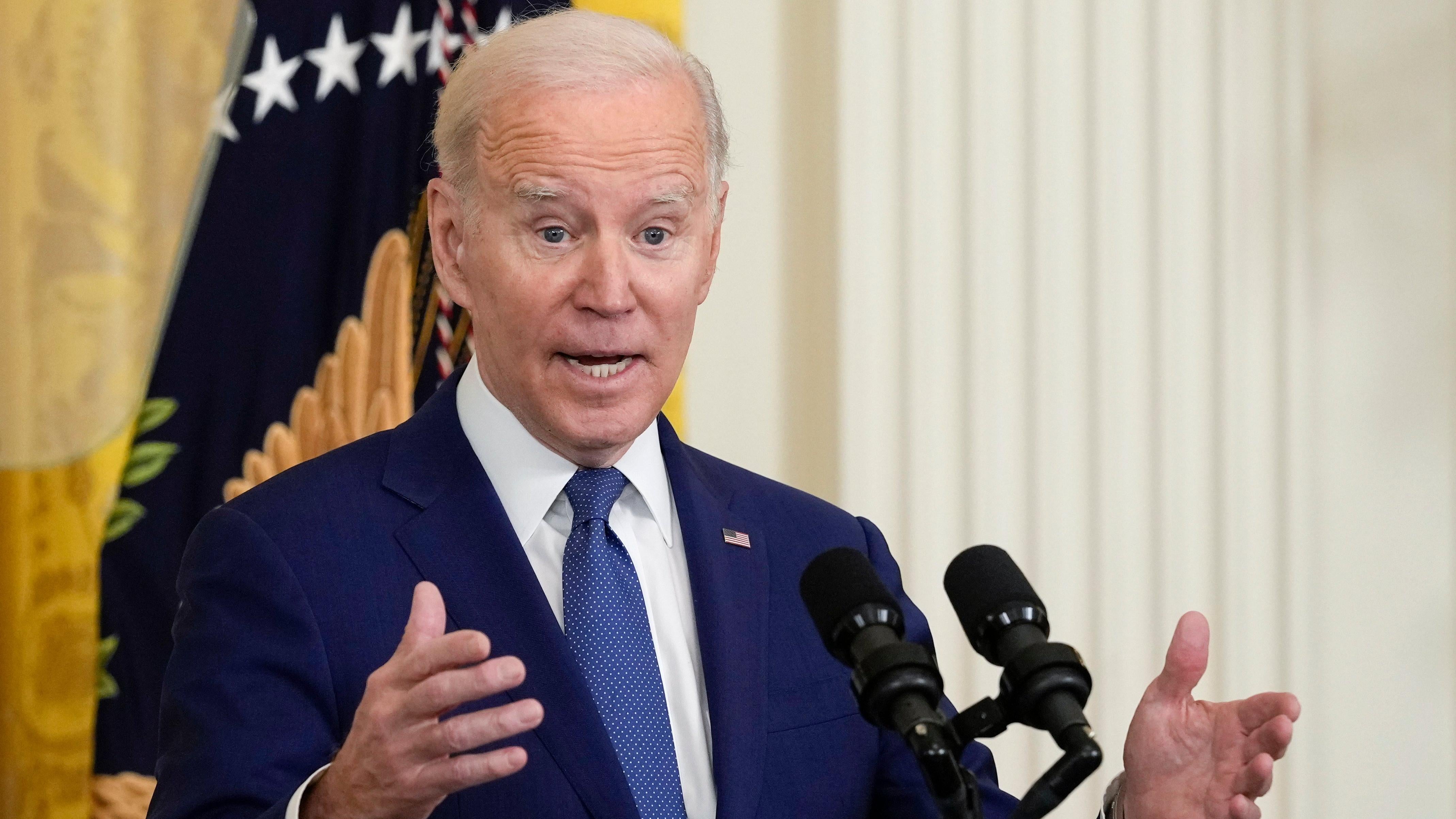
Until recently, the Biden administration had remained incredibly silent, some could argue even playing dumb, on the question of TikTok’s fate. When asked about the issue less than two months, Biden said he was “not sure,” adding only that didn’t have the app on his own phone.
That indecision suddenly changed in late March when the administration, via the Committee on Foreign Investment in the U.S (CFIUS), declared TikTok must divest ownership of the company. The ultimatum came after a years-long CFIUS review of TikTok’s plan to safeguard US user data in the US. CFIUS was apparently left unconvinced TikTok’s plan would work.
Though this option increasingly looks like the cleanest solution to keep TikTo operating interrupted, Chinese government officials have signalled they will fight it from happening. Earlier this month, China’s Commerce Ministry said a forced sale would have to be approved by the government first because it would involve exporting technology.
“If the news is true, China will firmly oppose it,” Shu Jueting, a government spokesperson said.
Those comments, made hours before TikTok CEO Shou Zi Chew testified before Congress, lead to several awkward situations for the executive when he tried to convince lawmakers TikTok was fully independent from the Chinese government.
Donald Trump Tried and Failed to Block TikTok via Executive Order
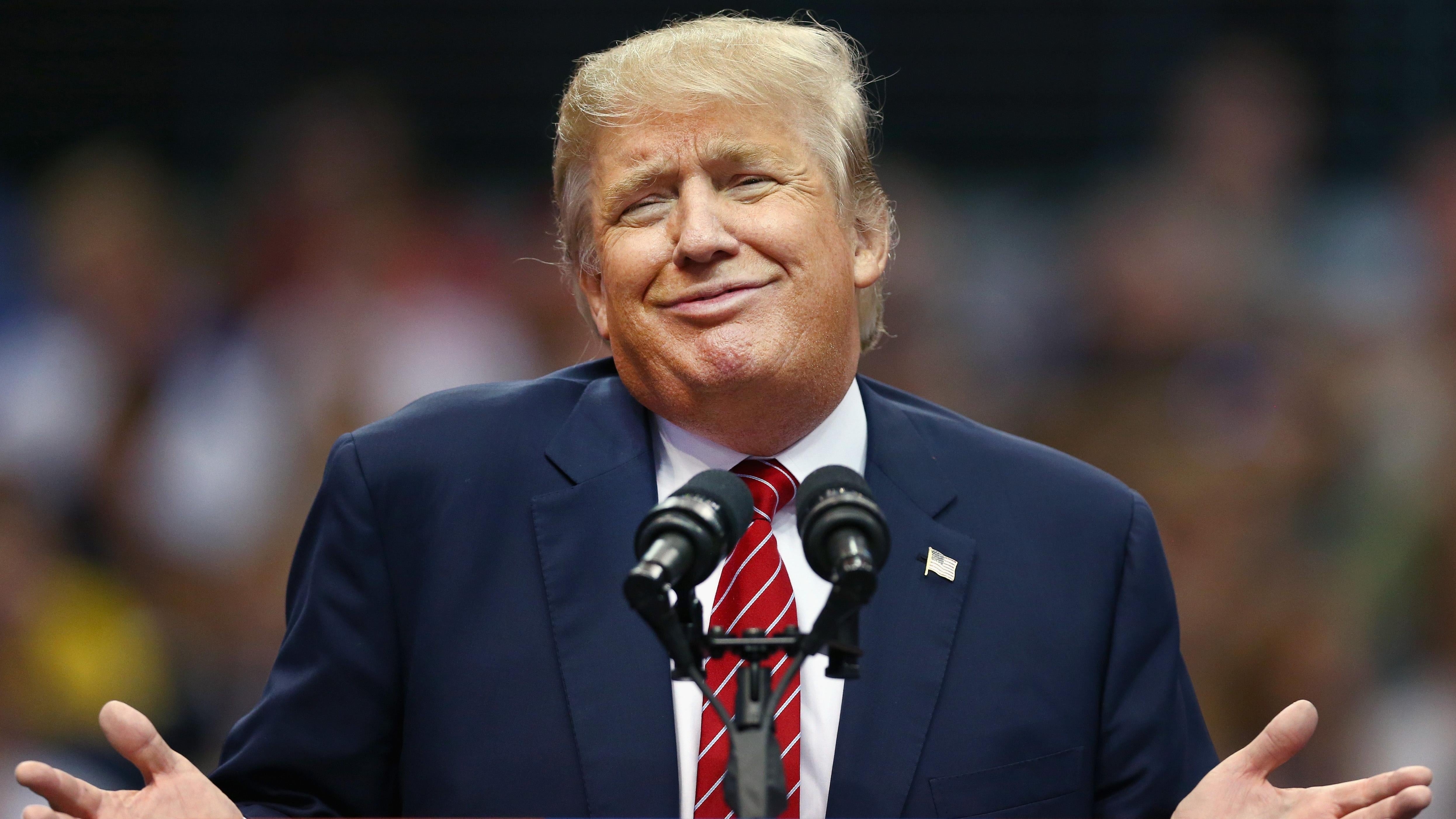
Collective memories about politics are notoriously myopic, but anyone paying attention can’t help but feel like it’s Groundhog day. Many of the exact same calls for TikTok bans and forced sales already happened years ago under the Trump Administration. The recently indicted former president passed an executive order back in April 2020 attempting to halt all transactions between US companies and ByteDance and Tencent which own TikTok and WeChat respectively.
Trump tried to invoke the International Emergency Economic Powers Act to enforce the order, but multiple judges quickly ruled the president “ likely exceeded IEEPA’s express limitations
Trump’s Effort to Have TikTok Sold to Oracle led to a Watered-Down Partnership Instead

Anyone interested in the Biden administration’s support of the US TikTok spinoff would probably do well to learn some lessons from Trump’s botched attempt to do basically the same thing. Back in 2020, with his presidency nearing its final days, Trump issued a shocking executive order giving ByteDance, TikTok’s owner, 90 days to find an American buyer for the US portion of the app. Trump justified the forced sale by saying officials had found “credible evidence,” the apps could take actions to harm US national security. Of course, the administration never actually revealed what those credible threats are. Neither has his successor.
Still, multiple major US tech companies including Oracle and Microsoft seized on the opportunity to potentially own the fast-growing social networking site in the US. Oracle, which was Trump’s biggest Silicon Valley supporter, ultimately won the deal but it became clear pretty quickly that it would not at all resemble the acquisition Trump had once described. Instead, Oracle referred to themselves as TikTok’s “technology partner.”
Rather than become its parent company, Oracle has instead played a key role in TikTok’s US data routing plan, dubbed “Project Texas.” As part of that proposal, TikTok committed to siloing its American operation into a subsidiary called TikTok US Data Security, whose leadership would require American government approval. Lawmakers questioning CEO Chew during a hearing in March didn’t seem to think that proposal would satisfy their security concerns.
